
TAGTIK NEWS - TO THE POINT
Born on September 1: Barry Gibb, the last voice of the Bee Gees
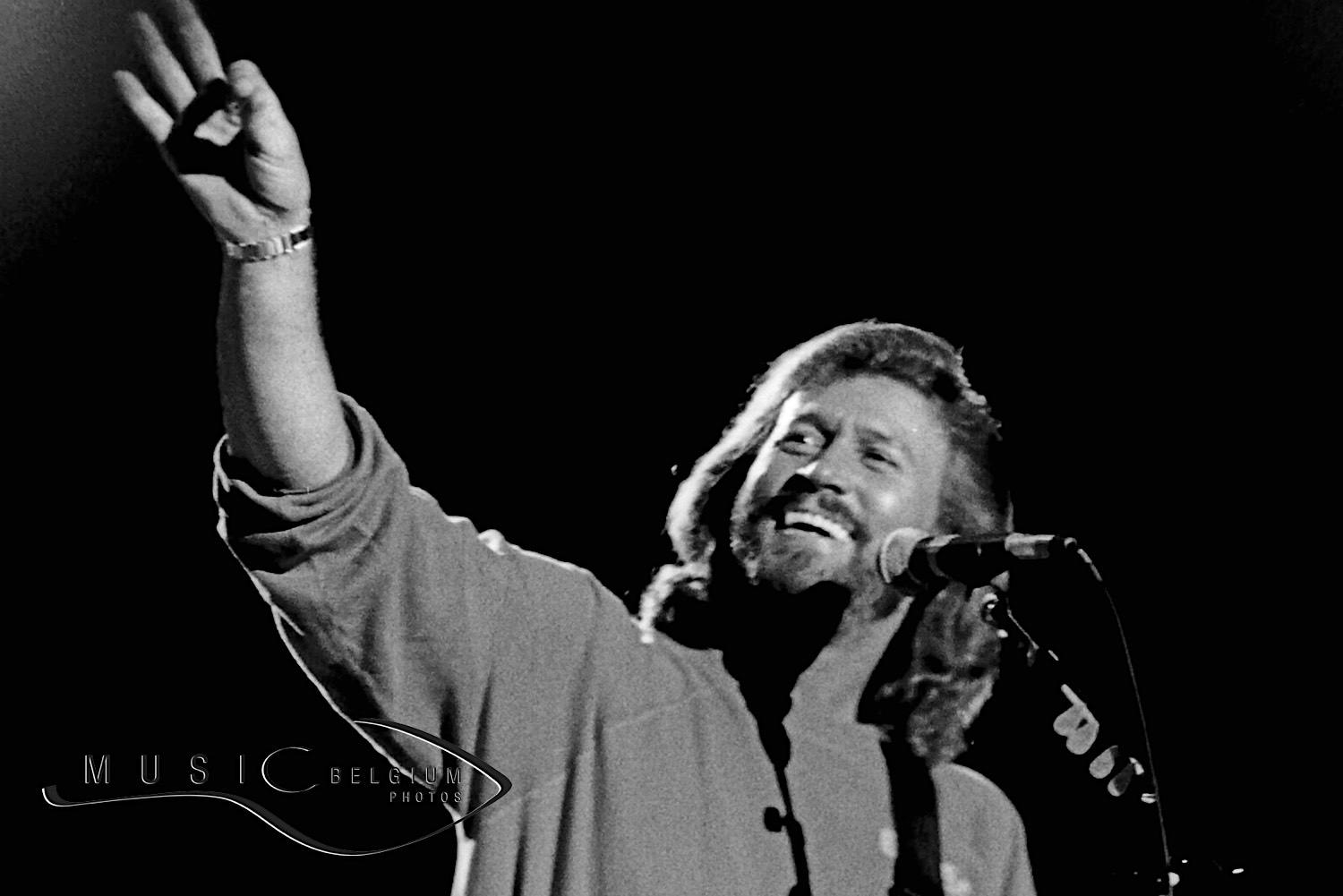
Maurice Gibb was born in Douglas, on the Isle of Man in Great Britain, in 1946.
The five-child family (four boys and one girl) grew up in Manchester, in a decidedly musical atmosphere, as both their parents were members of an amateur band.
The three eldest brothers quickly formed their first band with two of their neighbors and, together, played at local parties. In 1958, the family moved to Australia, living in a deprived neighborhood. The three brothers began committing petty crimes, and it took all the authority of Barry, the eldest, to confront them with a choice that sounded like a prison sentence: they would either become delinquents or musicians. The decision was quickly made, and the three brothers started practicing and gave themselves a short, symbolic stage name. They knew several people whose initials were B.G. (like them, the Gibb's Brothers), and so they became the B.G.s, quickly transformed into the Bee Gees.
However, it took them two albums, numerous concerts covering hits by Bob Dylan and the Rolling Stones, and a return to England to finally achieve their first real success with "Bee Gees 1st" and the hits "New York Mining Disaster 1941" and "To Love Somebody." The band continued on this path, releasing new albums year after year, without ever achieving their compatriots success, the Beatles.
It was with the disco era that the siblings finally attracted attention, when they participated in the 1977 soundtrack for the film "Saturday Night Fever." It featured their most famous hits, such as "Stayin' Alive," "Night Fever," and "How Deep Is Your Love." Disco was on the rise, and clubs were packed, including the famous Studio 54 in New York. This was the Bee Gees' golden age, which left its mark on a whole generation of Saturday night dancers, who wore bell-bottoms and had long hair as a sign of recognition. The film's soundtrack was a smash hit: 40 million copies were sold!
A little anecdote: recorded in a rush in a French studio and finalised in Miami, the soundtrack features the first loop in history. The musician who was supposed to cover the drums on "Stayin' Alive" skipped his appointment at the studio, so the producers decided to recreate two bars of drums from "Night Fever" and copy them into a loop.
The rest of the band's career was less flamboyant and was even marked by a long breakup. The band's decline was hampered by what some have called a curse. First, the youngest, Andy, died of an overdose just as he was about to officially become the fourth member of the group. In 2003, Maurice died suddenly, followed by his twin brother Robin in May 2012, aged just 60. Today, Barry, the group's lead singer, remains the last guardian of the temple and of the golden disco era.
(MH with Céline Massart - Photo : © Etienne Tordoir)
Photo: Barry Gibb with The Bee Gees in concert at the Cinquantenaire in Brussels (Belgium) on June 10, 1989
LATEST NEWS
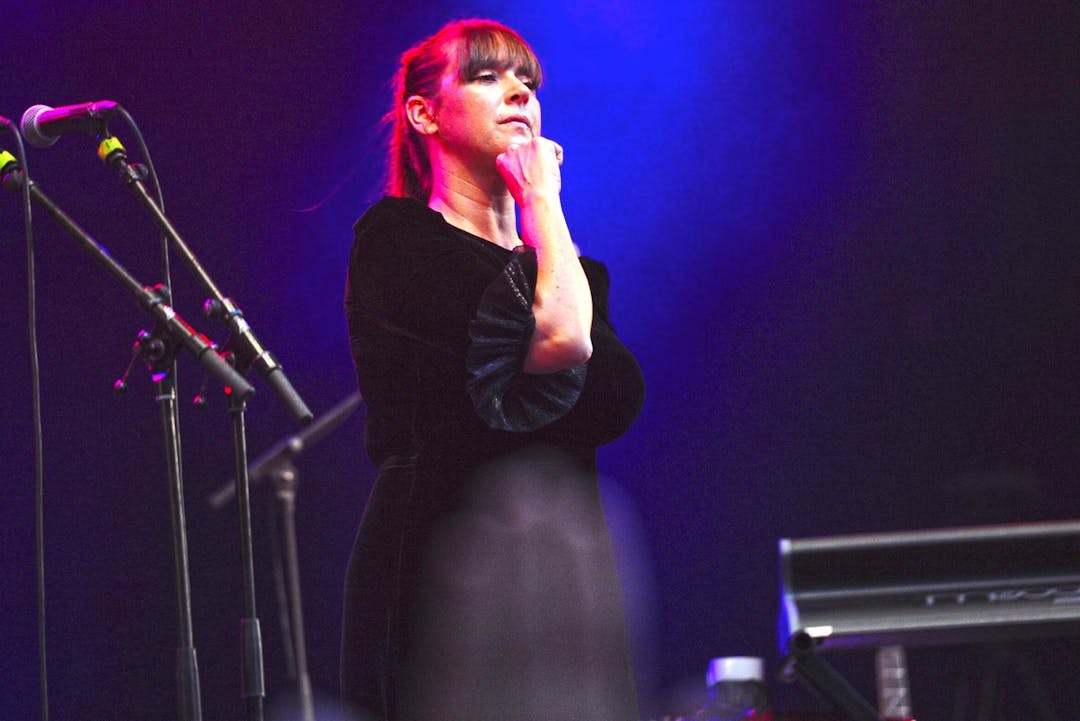
Born on January 21: Cat Power, a rebel who doesn't need to scream
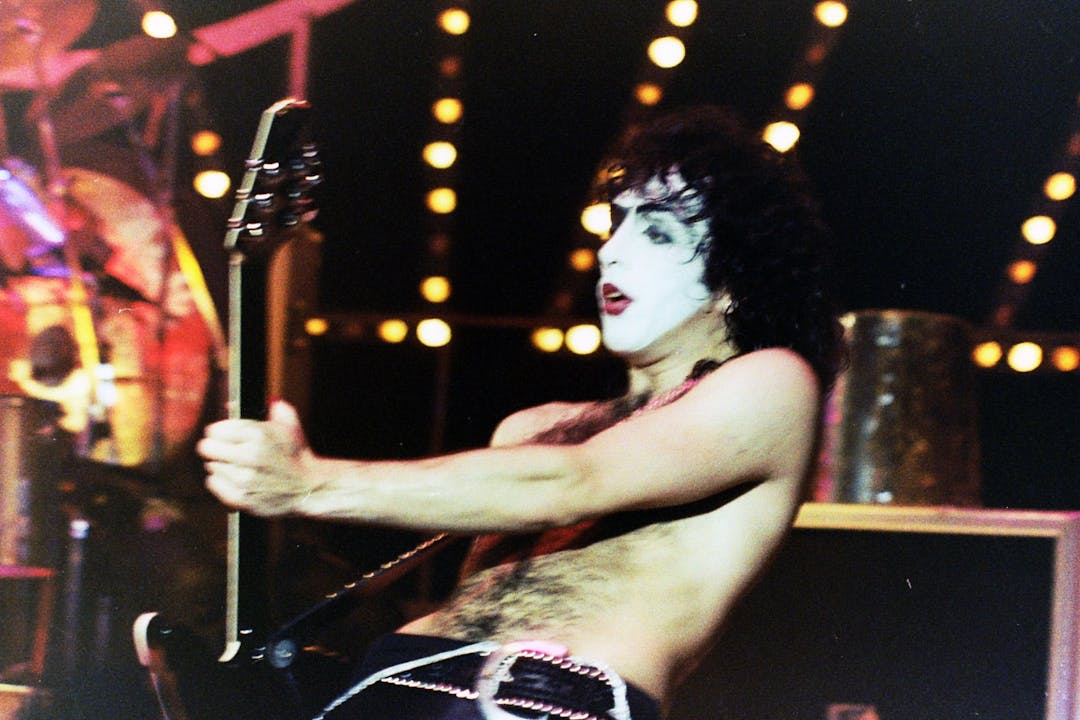
Born on January 20: Paul Stanley (KISS) promises not to touch make-up!
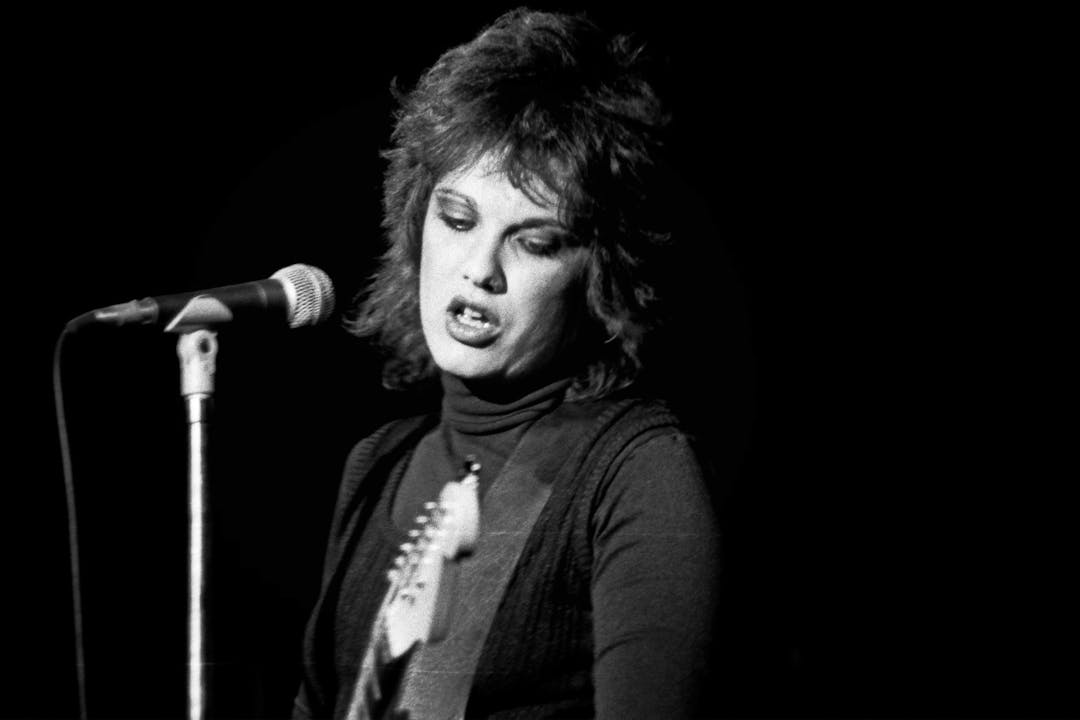
Born on January 19: Martha Davis, the Motels' singer's troubled life
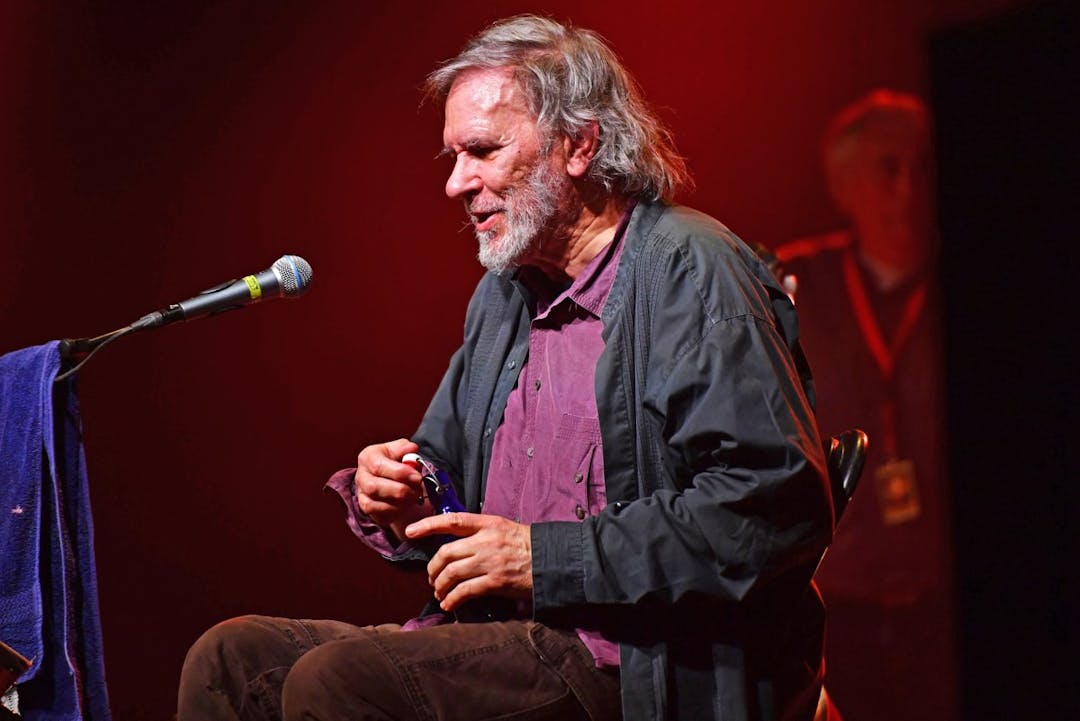
RIP: The legendary Tucker Zimmerman has passed away at the age of 84.
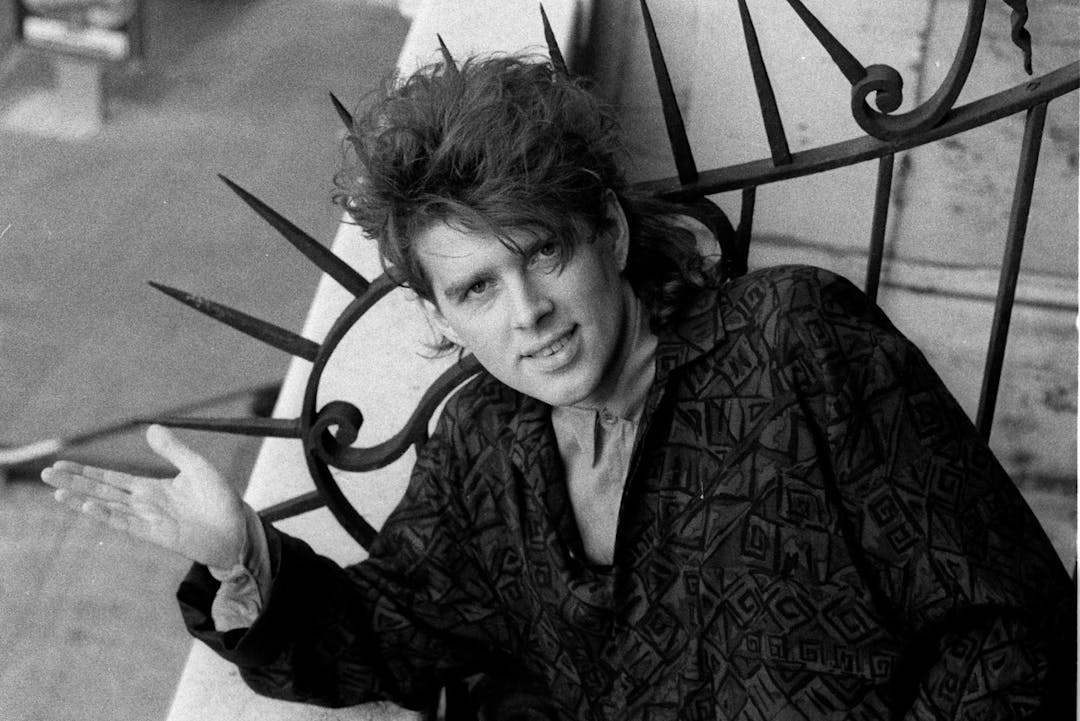
Born on January 18: Tom Bailey (Thompson Twins) always calls his "Doctor! Doctor!"
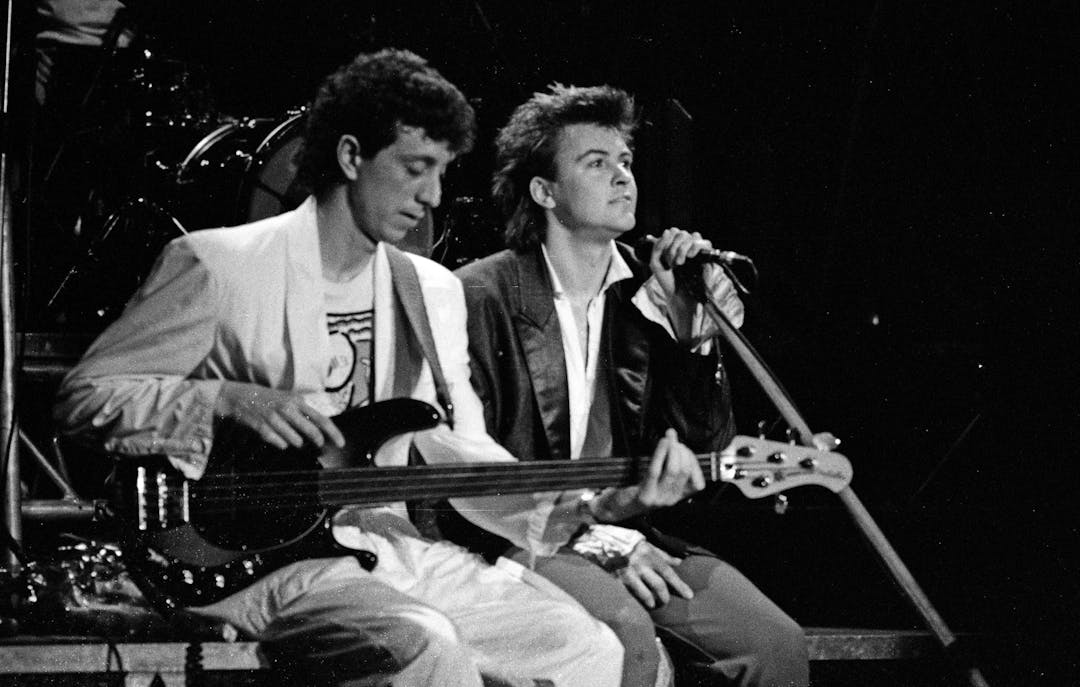
Born on January 17: Paul Young holds on to his crown as king of romantic ballads
Quick links